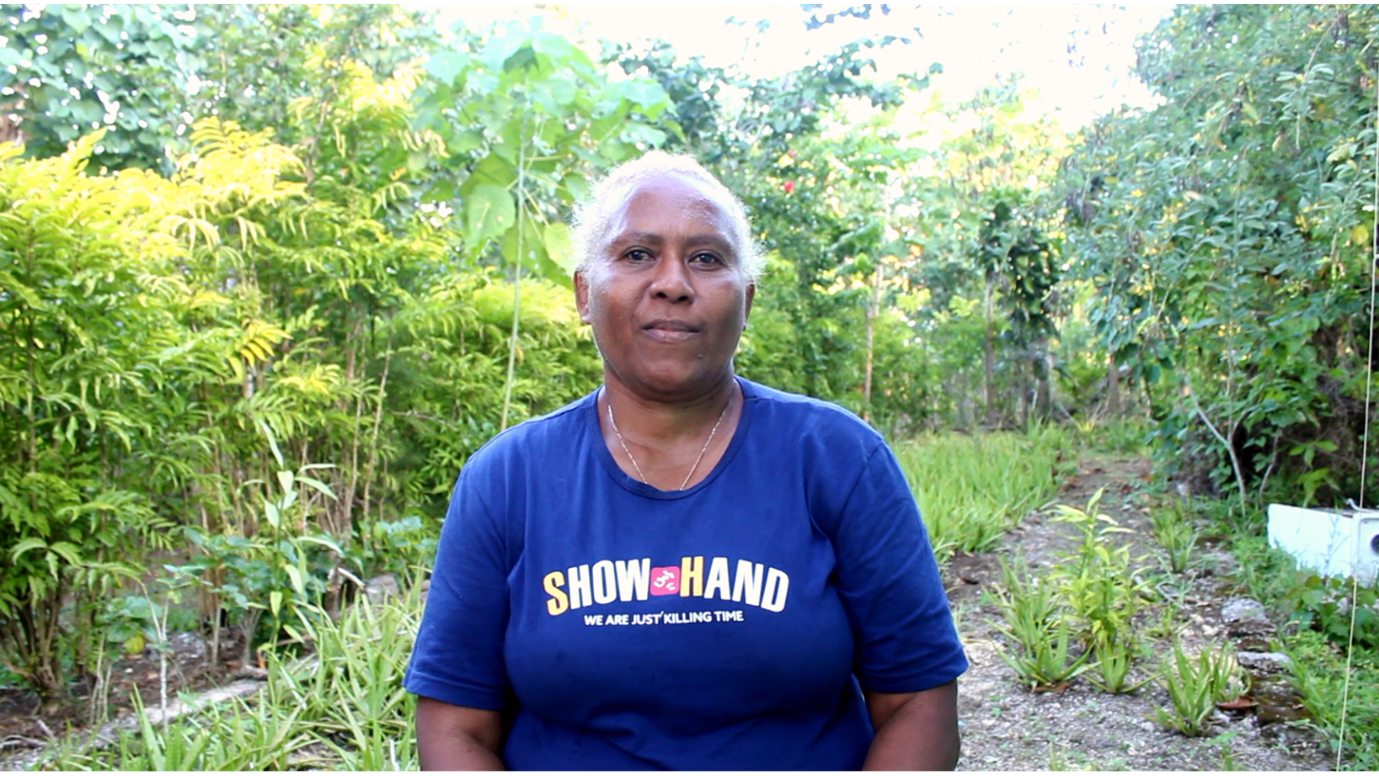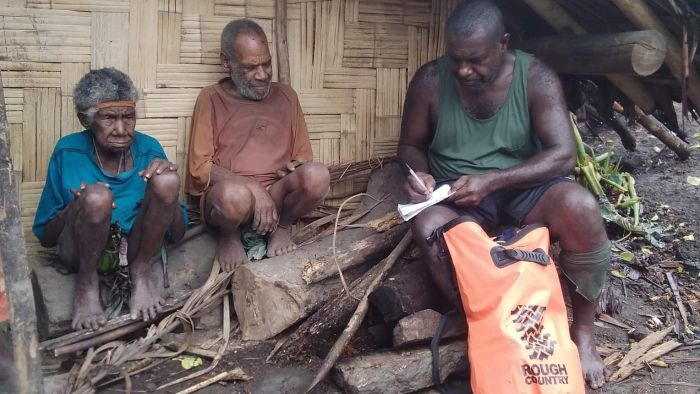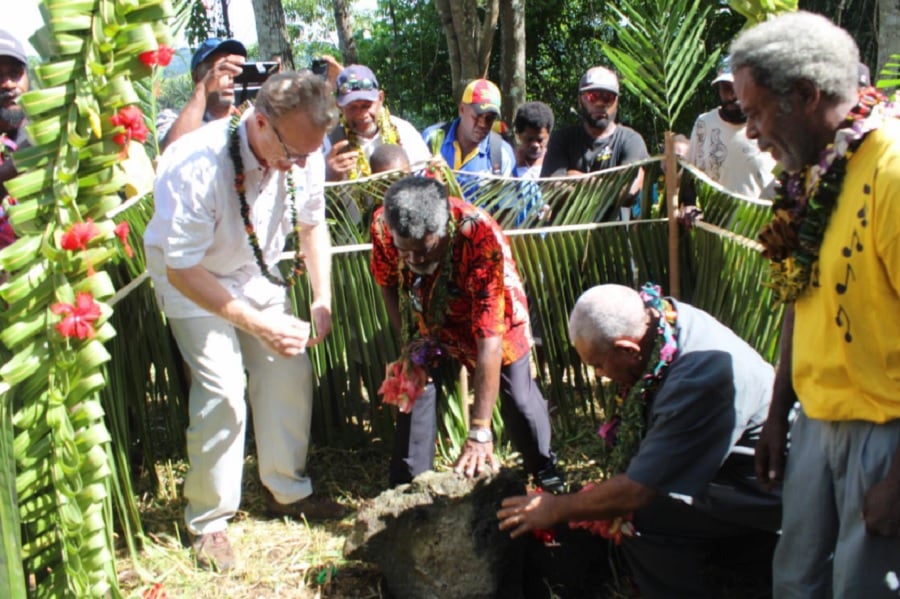Massive clean-up efforts carried out by Vanuatu after disaster waste generated by TC Harold.
Following the massive clean-up efforts by the Vanuatu government to safely collect and correctly dispose of the tremendous amount of disaster waste generated following the impact of Category 5 Tropical Cyclone Harold, when it struck in April 2020, a request for further support towards the disaster waste clean-up efforts from the Government of Vanuatu was made to the Secretariat of the Pacific Regional Environment Programme (SPREP).
The Pacific-EU Waste Management Programme (PacWastePlus) coordinated and implemented a recovery project in September 2020, to remove disaster waste generated by TC Harold, and to minimise associated impacts on nine identified communities across the islands of Santo, Pentecost, Aore and Malo in Vanuatu.
The nine communities in Vanuatu identified for this project were Banban, Shokraon, Chapuis and Solway on Santo Island; Pangi, Waterfall and Vanmeskul on Pentecost Island; Waisale on Malo island; and the George Lini Plantation on Aore Island.
The Outcome Report – Tropical Cyclone Harold Recovery Works in Vanuatu highlights that of the 239m³ disaster waste collected through this project, the largest waste stream was bulky waste which consisted primarily of roofing iron, housing timber, E-waste, damaged furniture and household items.
The Report further outlines a range of recommendations to help improve the implementation of future similar projects. These include coordination by relevant Government departments to ensure assistance provided is not duplicated as well as ensuring training materials be developed in the local dialect if time is available, to help participants understand the training content.
“We hope that this Outcomes Report will be of great benefit for our Members, especially when it comes to planning and implementing future similar projects,” said Mr Talouli.
“Partnerships are a key foundation of our work at SPREP, we are thankful to Vanuatu and our partners including the European Union, for empowering us to be able to take fast action once requested. The results of which are accessible in the Outcomes Report.”
Along with cleaning up waste remaining from Tropical Cyclone Harold, the project also saw community training on disaster preparedness, waste segregation, safe handling of waste, waste data collection and community disaster preparedness planning. Disaster Waste Management Plans were also drafted for the nine communities to assist them in managing disaster wastes from future disasters.
“Our work with Vanuatu to address the disaster waste that had accumulated from Tropical Cyclone Harold saw many positive outcomes. We had over 200 participants that took part in our disaster waste management training from across the nine communities, and we had over 100 volunteers who received training on safe waste handling and waste assessment,” said Mr Anthony Talouli, Acting Director of the Waste Management and Pollution Control Programme at SPREP.
“Community training held in community halls also taught participants how to safely handle disaster waste, how to collect and collate waste management data as well as training on how to best manage and protect the health and safety of waste collection volunteers.”
Training was also based on a manual introduced by SPREP through the Canadian Funding for Local Initiatives (CFLI) in collaboration with the JPRISM II Project and the University of Newcastle in November 2019.
The project was managed by staff from SPREP through the PacWastePlus, an extension officer of the Vanuatu Department Environmental Protection and Conservation and with support from the Luganville Municipal Council.
The Pacific-EU Waste Management (PacWastePlus) programme is a 64-month project funded by the European Union (EU) and implemented by SPREP. PacWastePlus addresses both the cost effective and sustainable management of waste and pollution as well as broader impacts including human health and wellbeing, climate change, disaster management, biodiversity conservation and resource recovery. Priority waste streams include hazardous wastes (specifically asbestos, E-waste and healthcare waste), solid wastes (specifically recyclables, organic waste, disaster waste and bulky waste) and related aspects of wastewater.



